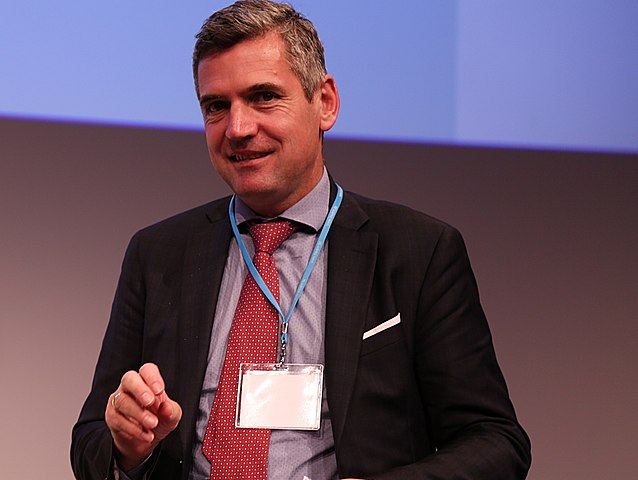
The Dorfmann report by the European Parliament’s Agriculture Committee has called for “the existing system for calculating direct payments in Pillar I, which is often based on historic entitlements, to be replaced by an EU-wide uniform method of calculating payments, in order to make the system simpler and more transparent”.
This draft report on the CAP process, dated 20th February, was delivered by MEP Herbert Dorfmann. The need for such a change was underscored by the fact that historical payments, known as entitlements, refer back “almost two decades” and “constitute an obstacle to generational renewal” while also hindering “young farmers’ access to farmland, as new entrants do not possess entitlements and are thus at a disadvantage.”
Moreover the need for inter-general renewal “must” be dealt with by measures such as “top-ups in Pillar I and targeted measures in Pillar II, as well as by means of new financial instruments and national measures, in order to incentivise famers (sic) to pass on their farming operations.”
The European People’s Party deputy welcomed the new delivery mechanism proposed in the CAP Communication and considered it “necessary” to retain the retention the two pillar structure. The South Tyrol MEP also warned against increased subsidiarity without “a common set of rules and tools agreed at EU level as part of a uniform approach to all programming efforts and eligibility criteria”. This “should cover both of the CAP’s pillars and ensure, in particular, a European approach in Pillar I and thus a level playing field.”
The report also supports “compulsory higher support rate for small holdings”, with degressivity and possible capping for larger farms – the latter to be decided at Member State level.
While Dorfmann notes that Pillar 1 is designed in part “to compensate for the provision of public goods on the basis of uniform criteria” the qualified agronomist also points out that the December European Count of Auditors report found greening – an essential part of Pillar 1 of the CAP – in reality failed “to significantly enhance the CAP’s environmental and climate performance”.
The timeline for implementing change in CAP, as noted in the report itself, is very tight. Technical meetings on this file will occur in April and May. A plenary may be held at the end of May in Strasbourg, which may also be followed by the publication of legislative proposals. The finance for all of this, via the Multi-annual Financial Framework (MFF) is also due to be published in May.





Thanks for the recap .. so far so good